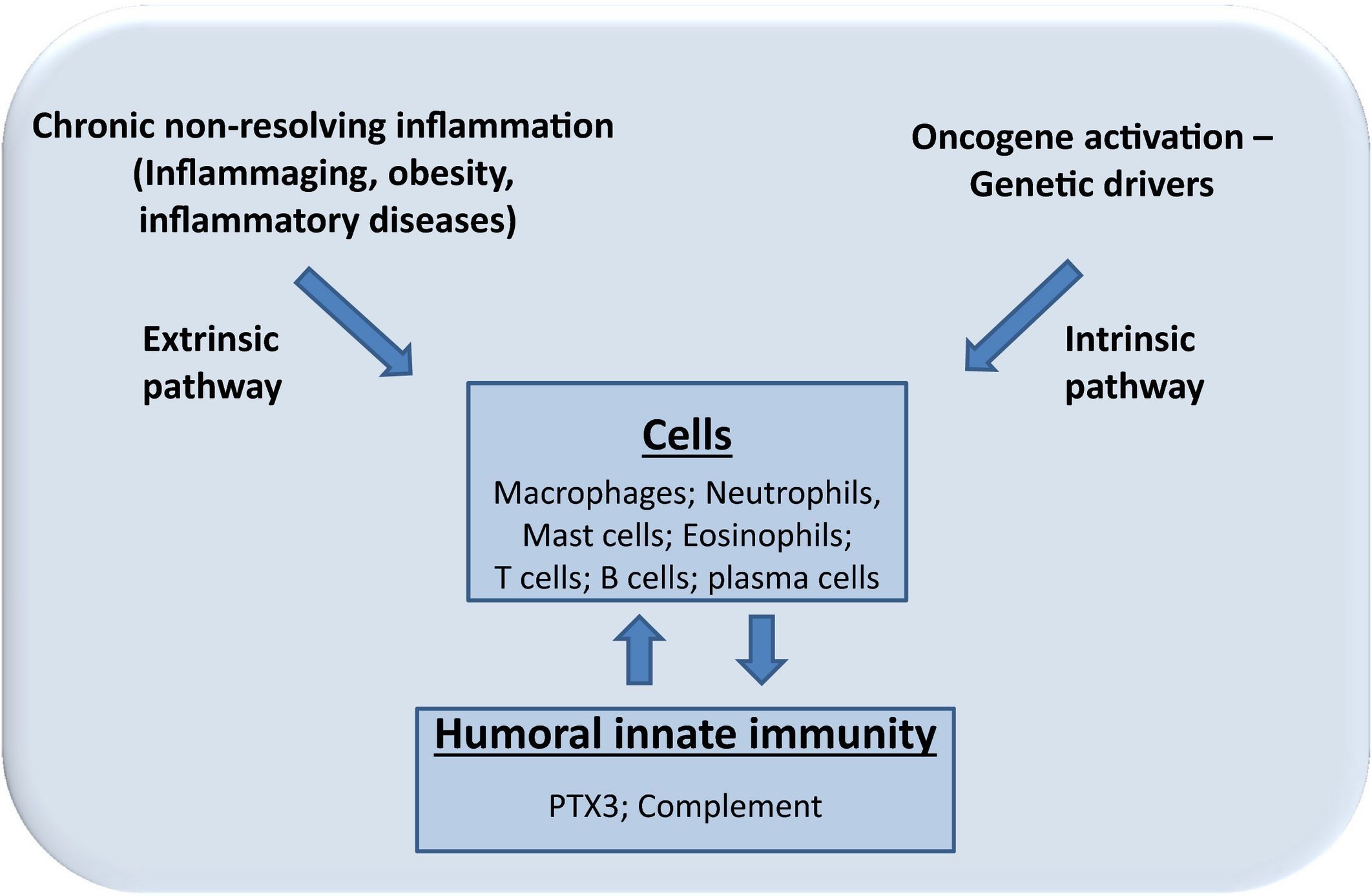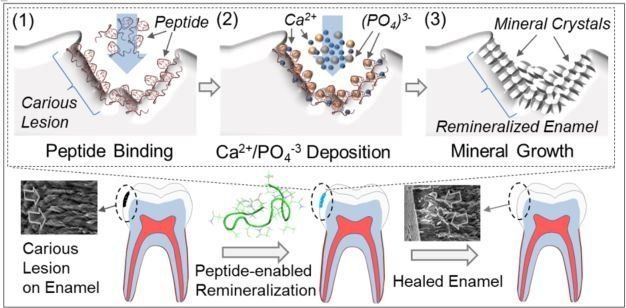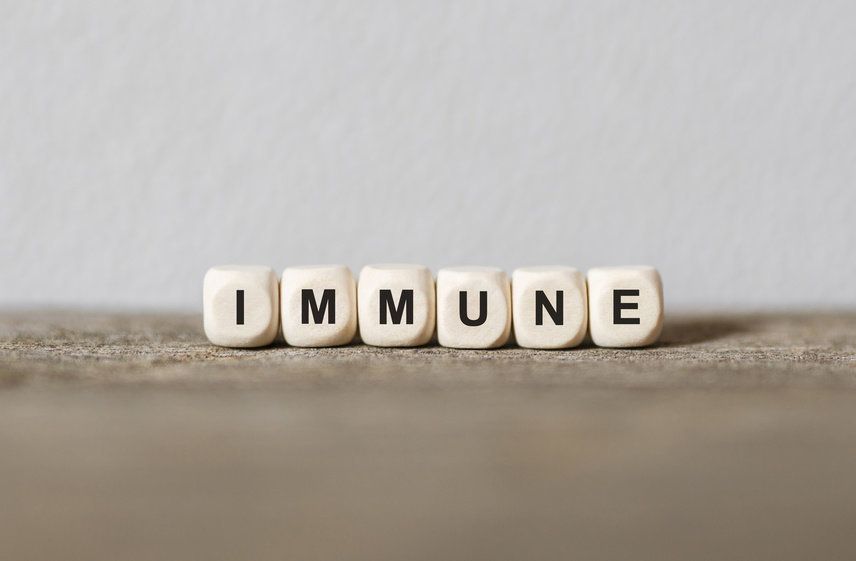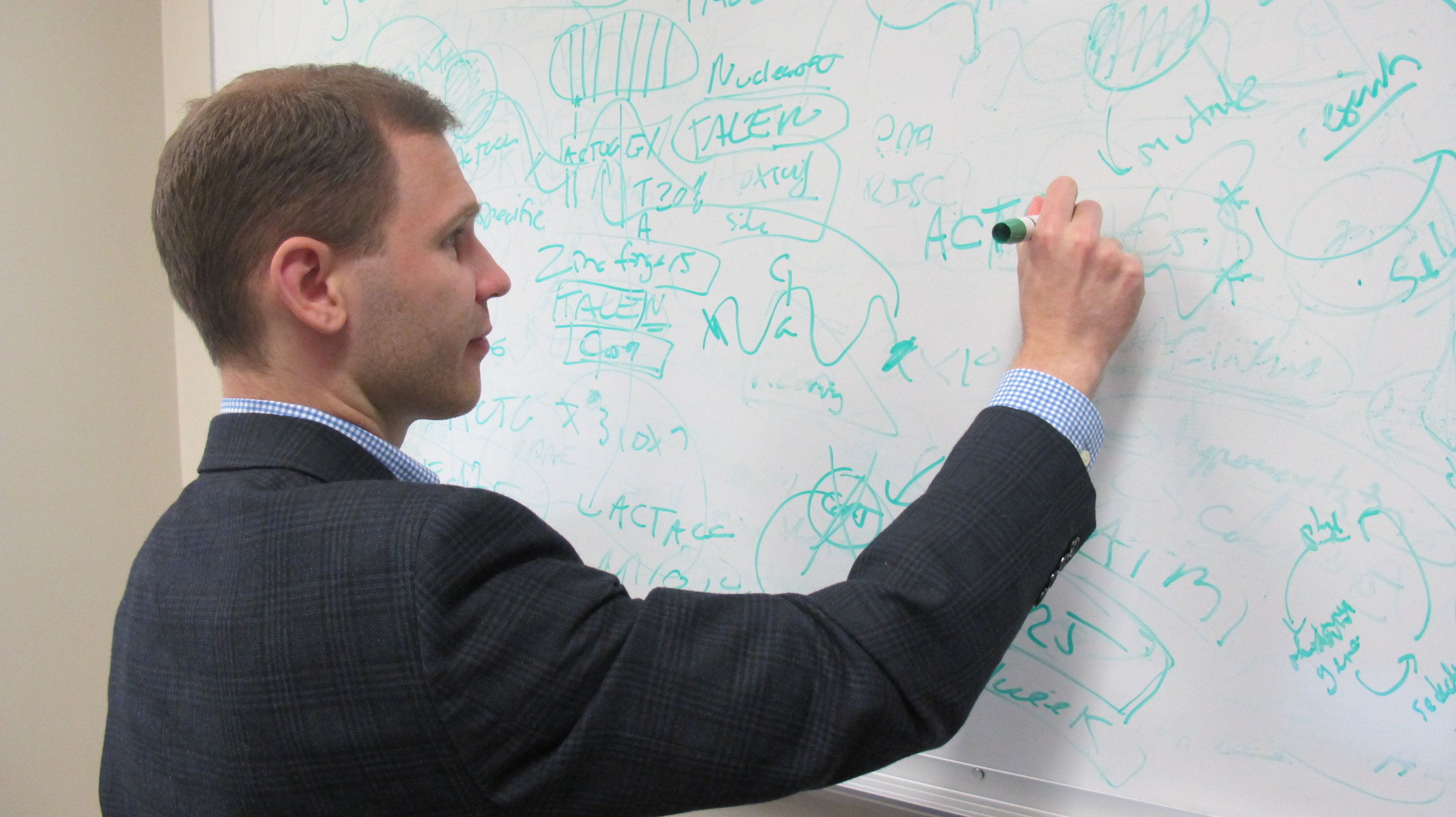Archive for the ‘biotech/medical’ category: Page 2292
Apr 14, 2018
In the hope of a cure: can stem cells treat autism?
Posted by Genevieve Klien in categories: biotech/medical, neuroscience
Apr 14, 2018
CRISPR plants won’t be regulated
Posted by Shailesh Prasad in categories: bioengineering, biotech/medical, genetics
In a big win for the biotech industry, the US Department of Agriculture says once and for all it won’t regulate plants whose genomes have been altered using gene-editing technology.
Why it’s a field day: The decision means that we could see a boom in newfangled plants from firms like Monsanto, universities, and startups like Calyxt, whose oil-altered soybeans featured in our cover story late last year.
Here’s the logic: The USDA says gene editing is just a (much) faster form of breeding. So long as a genetic alteration could have been bred into a plant, it won’t be regulated. That includes changes that create immunity to disease or natural resistance to crop chemicals, as well as edits to make seeds bigger and heavier. It doesn’t include transgenic plants (those with a gene from a distant species)—those will still be regulated.
Apr 14, 2018
Google futurist and director of engineering: Basic income will spread worldwide by the 2030s
Posted by Genevieve Klien in categories: bioengineering, biotech/medical, economics, employment, Ray Kurzweil, robotics/AI
- Basic income will be widespread by the 2030s, according to Google futurist and director of engineering Ray Kurzweil.
- Kurzweil is known for making seemingly wild predictions. In 2016, he predicted that by 2029, medical technology will add an extra year to human life expectancies on an annual basis.
- ” We’re going to have more and more powerful technology to keep our physical bodies going. We’ll think, ‘Wow, back in 2018, people only had one body, and they couldn’t back up their mind file,’” he said onstage at TED.
As it becomes apparent that artificial intelligence will replace ever-more jobs in the coming years, a growing number of politicians, nonprofits, and Silicon Valley entrepreneurs have started thinking about how we’ll cope with a world in which not everyone can — or needs to — work.
Basic income experiments, in which people are given a regular salary just to live, no strings attached, are popping up all over Europe, Africa, and North America.
Apr 14, 2018
Peptide-based biogenic dental product may cure cavities
Posted by Shane Hinshaw in categories: biotech/medical, engineering, health
Researchers at the University of Washington have designed a convenient and natural product that uses proteins to rebuild tooth enamel and treat dental cavities.
The research finding was first published in ACS Biomaterials Science and Engineering.
“Remineralization guided by peptides is a healthy alternative to current dental health care,” said lead author Mehmet Sarikaya, professor of materials science and engineering and adjunct professor in the Department of Chemical Engineering and Department of Oral Health Sciences.
Continue reading “Peptide-based biogenic dental product may cure cavities” »
Apr 14, 2018
FDA approves contact lenses that shade the sun
Posted by Shane Hinshaw in category: biotech/medical
The lives of contact lens wearers just got a whole lot easier.
On Tuesday, the U.S. Food and Drug Administration approved the first contact lenses that can act like sunglasses.
A special additive automatically darkens the lenses when exposed to bright light, while they become clear again in normal or dark lighting conditions.
Apr 14, 2018
Bad antibodies made good: The immune system’s secret weapon uncovered
Posted by Ian Hale in category: biotech/medical
In a world first, scientists from Sydney’s Garvan Institute of Medical Research have revealed how a population of ‘bad’ antibodies in the immune system — which are usually ‘silenced’ because they can harm the body — can provide crucial protection against invading microbes. The research was carried out in mice.
The ‘bad’ antibodies are known to react against the body’s own tissues and can cause autoimmune disease. For this reason, it was once thought that they were discarded by the immune system or that they were made inactive in the long term. However, the new findings show for the first time that ‘bad’ antibodies go through a rapid ‘redemption’ process and are activated when the body is faced with a disease threat that other antibodies cannot tackle.
As a result, the ‘redeemed’ antibodies no longer threaten the body, but instead become powerful weapons to fight disease — and particularly diseases that evade the immune system by disguising themselves to look like normal body tissue.
Apr 14, 2018
Breakthrough brings gene-editing medicine one step closer to patient applications
Posted by Ian Hale in categories: bioengineering, biotech/medical, genetics
Imagine a future where a guided biomachine put into your body seeks out defective gene sequences in each cell and edits in the correct information with precision accuracy.
It’s called gene editing, and University of Alberta researchers have just published a game-changing study that promises to bring the technology much closer to therapeutic reality.
“We’ve discovered a way to greatly improve the accuracy of gene-editing technology by replacing the natural guide molecule it uses with a synthetic one called a bridged nucleic acid, or BNA,” said Basil Hubbard, Canada Research Chair in Molecular Therapeutics and an assistant professor in the U of A’s Department of Pharmacology, who led the study.
Apr 13, 2018
Fart gas may help prevent dementia, heart disease: study
Posted by Manuel Canovas Lechuga in categories: biotech/medical, health, neuroscience
Farts may stink to high heaven, but a new study suggests that the gas responsible for that foul odor may actually extend a person’s time on earth.
Scientists in the UK claim that hydrogen sulfide, the stinky compound that smells like rotten eggs which contributes to the flatulence stench, could have amazing health benefits.
Hydrogen sulfide can be toxic, but tiny amounts have been shown to help protect the mitochondria, which are known as the “powerhouses” of cells.
Continue reading “Fart gas may help prevent dementia, heart disease: study” »
Apr 13, 2018
Researchers are one step closer to an effective anti-atherosclerosis vaccine
Posted by Manuel Canovas Lechuga in category: biotech/medical
In the disease atherosclerosis, cholesterol-containing plaques form in vessel walls, causing arteries to narrow and greatly increasing the risk of heart attack and stroke. Currently, atherosclerosis is the number 1 killer worldwide, just ahead of cancer. Recent use of statin anti-cholesterol drugs has reduced cardiovascular events caused by atherosclerosis by 35%, but millions of individuals remain at risk. Hence, a desirable addition or alternative would be intervention to prevent plaque formation altogether.
A new paper published in Circulation by researchers at La Jolla Institute for Allergy and Immunology supports this possibility. It reports successful vaccination of atherosclerotic mice with a small chunk of protein snipped out of “bad cholesterol.” Vaccination reduced plaque levels in test mice, and other experiments with human blood samples identified the class of T cells likely responsible for positive outcomes. The paper suggests that a comparable strategy could form the basis of a human vaccine.
“We knew atherosclerosis had an inflammatory component but until recently didn’t have a way to counteract that,” says senior author Klaus Ley, M.D., professor and head of LJI’s Division of Inflammation Biology. “We now find that our vaccination actually decreases plaque burden by expanding a class of protective T cells that curb inflammation.”
Continue reading “Researchers are one step closer to an effective anti-atherosclerosis vaccine” »


















